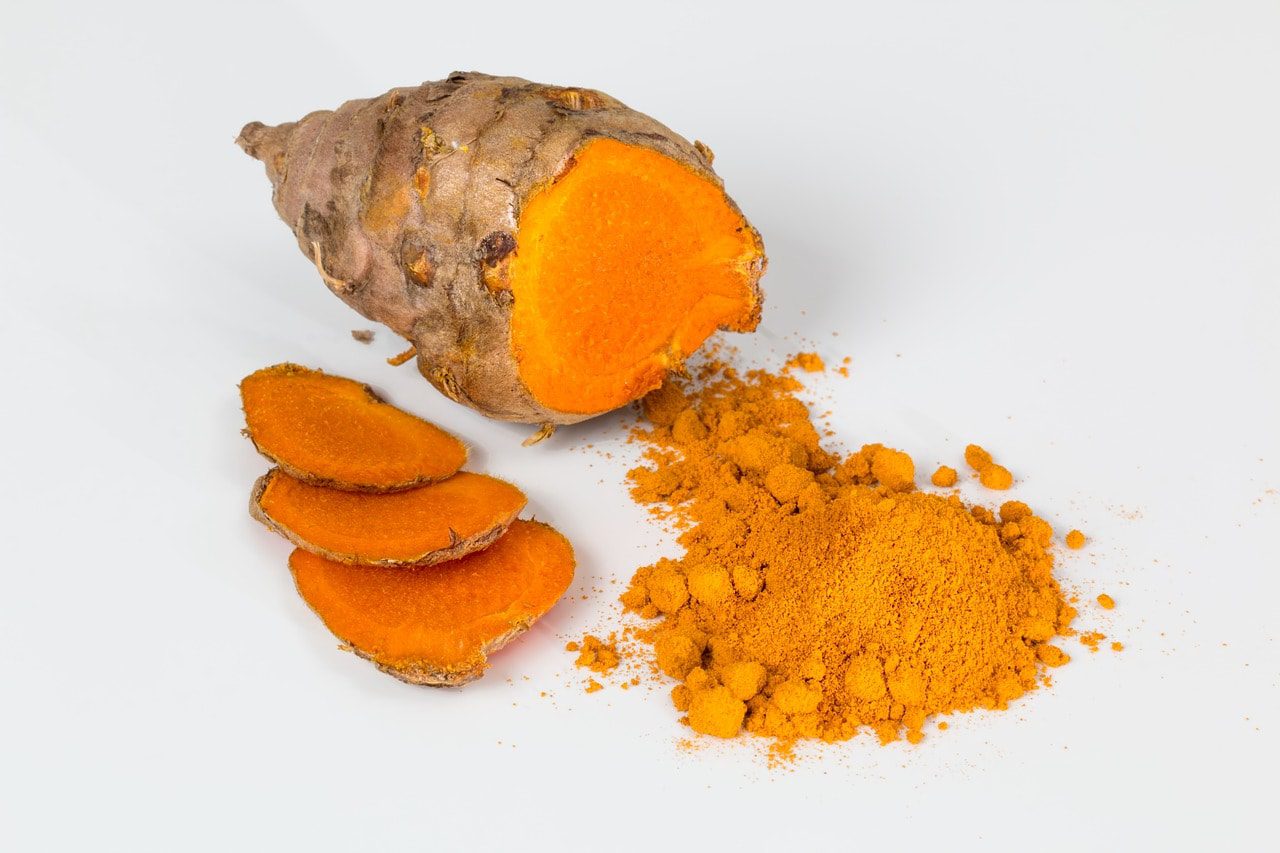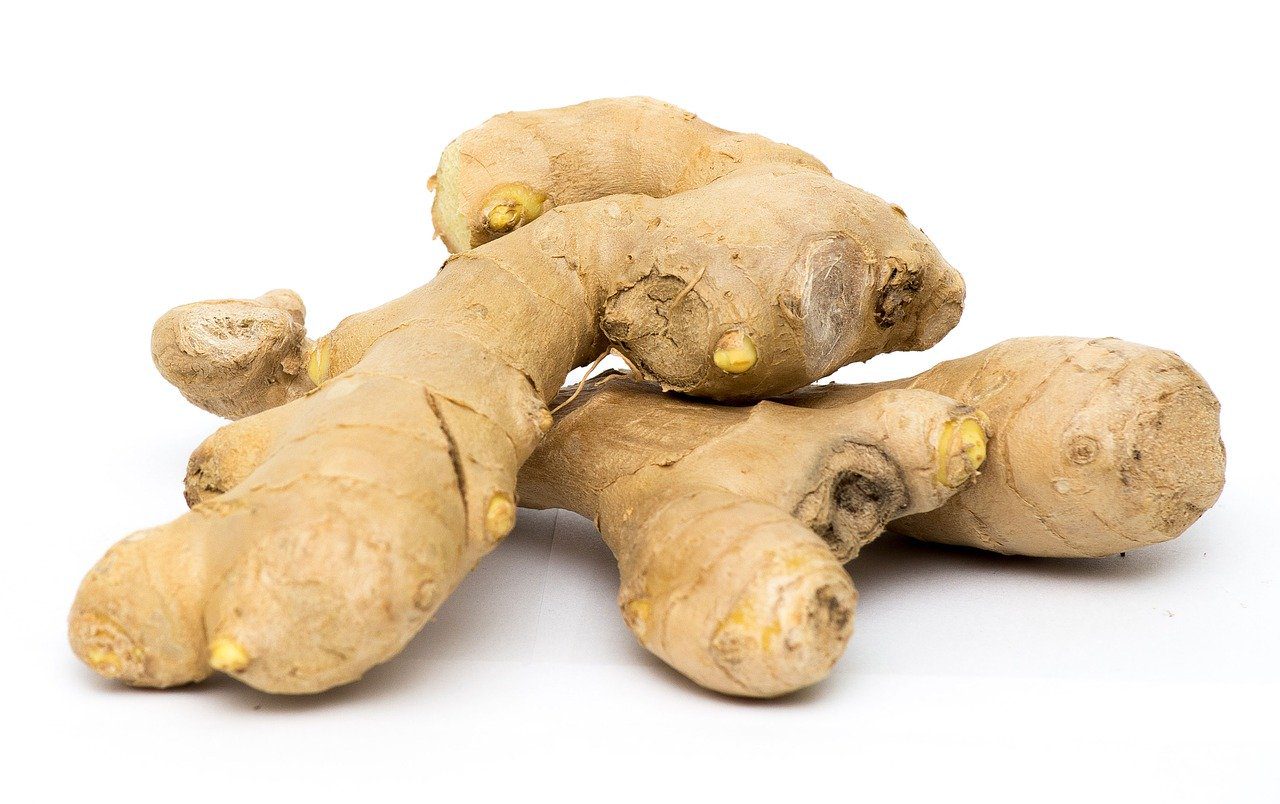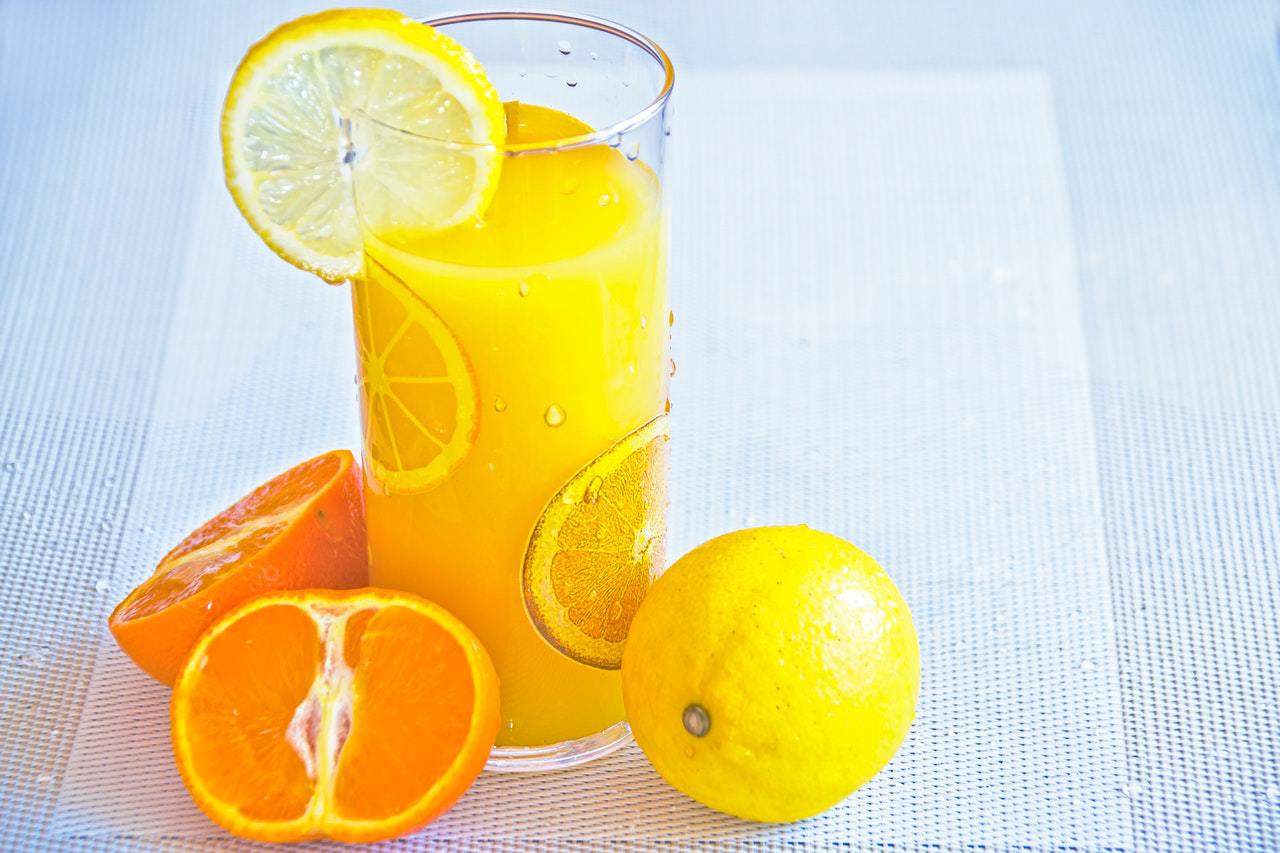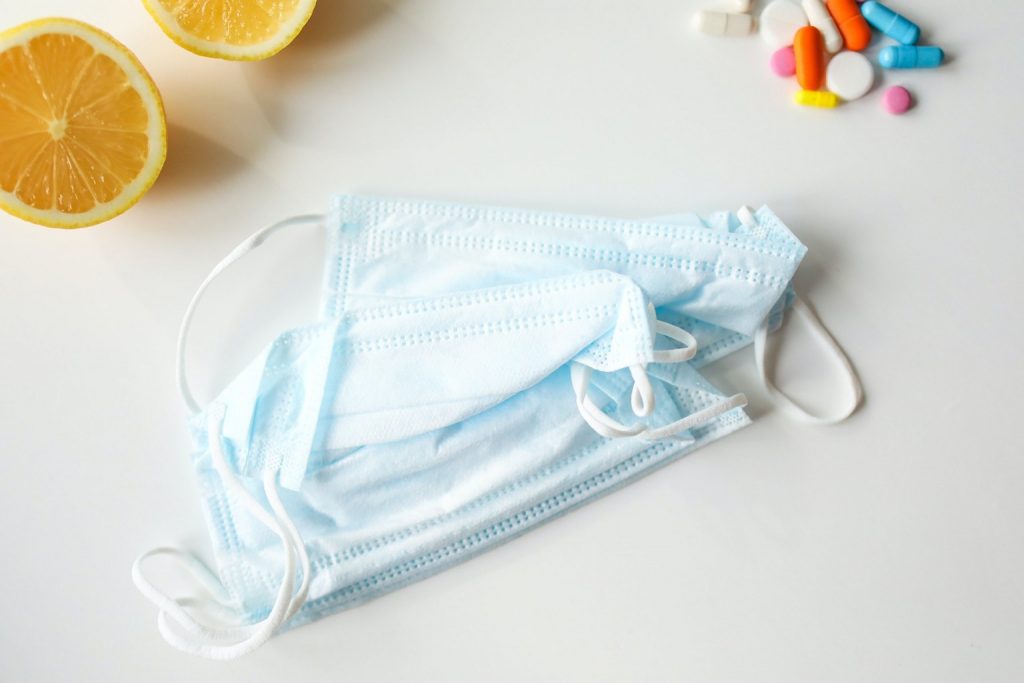There is much evidence to show the impact of certain herbal extracts and nutrients on supporting the immune system. However little evidence is yet available on their specific impact on COVID-19.
Let’s use this current information to choose our foods and supplements wisely. We can utilise everyday foods that have proven anti-viral properties to support our immune system. I look at easy to find herbs and nutrients that are available in supermarkets, pharmacies and health shops. In fact, some you may already have in your cupboard! We will include practical ways to introduce them into your daily routine.
Turmeric
The active component in turmeric is called Curcumin. It is well known for its anti-viral properties. It has specifically been shown to work effectively against the common flu. This is a contagious virus affecting the respiratory tract. In an online study published (but not yet peer-reviewed) curcumin possibly inhibits the virus that causes COVID-19. Currently, these are lab studies not yet done on people.
Turmeric is more readily absorbed by the body when consumed alongside black pepper. Curries are a popular way to include turmeric in cooking. Here are other therapeutic ways:
- Turmeric Latte
Replace one coffee a day with this or enjoy it at bedtime. Ideally use fresh root turmeric, however, this may currently be difficult to find. If so, stick to turmeric powder. Warm-up your milk of choice and add a teaspoon of turmeric & a pinch of black pepper. You may like to sweeten it with a small amount of raw honey. If you have the fresh root, warm it up in the milk for 15 mins and strain.
- Turmeric Tea
Add fresh root turmeric or turmeric powder and a wedge of lemon to hot water. Allow to infuse, you can also add ginger. Mix in a pinch of black pepper to enhance the absorption of the curcumin. You may also like to add some raw honey to taste.
- Click here for Maggie’s delicious Cashew and Turmeric Nutrient Bombs

Ginger
Ginger has many health benefits such as easing nausea and promoting circulation. It can support digestion and act as an anti-inflammatory. Ginger also has anti-viral properties.
One study tested ginger against a very common virus called human respiratory syncytial virus (HRSV). They found that a high concentration of FRESH ginger could stimulate mucosal cells to secrete IFN-β. These are proteins that are part of our immune system providing first-line defence against the virus. This study concluded that FRESH ginger prevented the attachment and internalisation of the virus to the lining of the airways. It appeared to work significantly better than dried ginger.
Begin adding fresh ginger daily to provide yourself with a dose of its anti-viral properties:
1) Begin the day with some fresh ginger and lemon infused in hot water to make a tea. Add some honey if required.
2) Grate fresh ginger into curries and stir-fries.
3) Make a ginger shot to keep in the fridge. Allow the whole family to enjoy a therapeutic shot each day. Blend fresh ginger, lemon juice & zest, local honey and a splash of water et voila!
4) Add fresh ginger when juicing, it goes lovely with carrot & apple juice.

Zinc
Studies have shown that zinc can shorten the duration of coronaviruses. A Cochrane review, updated in 2013, summarized 18 randomized controlled trials. It involved 1,781 participants across all age groups. They found that zinc, especially lozenges, inhibited replication of the virus that causes the common cold. Also, the duration of the common cold was shortened by those taking zinc.
Always take zinc on a full stomach to prevent feeling nauseous. Lozenges appear to yield the best results. They may be effective in blocking viruses from multiplying within the respiratory airways. You will find them in pharmacies and health-food stores.
Vitamin D
In 2017, a large meta-analysis study using more than 10,000 participants concluded that vitamin D supplementation may help to prevent acute respiratory tract infections.
There are several ways vitamin D can reduce the risk of infections. One mechanism is by reducing concentrations of pro-inflammatory cytokines. These can produce the inflammation that injures the lining of the lungs.
This time of year, many of us have compromised levels of vitamin D due to the time of year. One particular study suggests taking 10,000iu per day for a few weeks. This is to increase levels rapidly to protect against COVID-19, followed by 5,000iu daily. Supplementing will safeguard you. However, under normal circumstances, we would recommend testing to determine your levels.
Small amounts are obtained from food such as oily fish and fortified foods. It is, however, not enough for optimum amounts. As the sunny weather approaches, ensure to expose areas of your skin to the sun for 10 minutes each day. This will build up your vitamin D levels naturally. The darker skin tone you have the more sun you will need. The higher the sun in the sky the higher levels of vitamin D you will get.
Vitamin C
Most of us are aware of the benefits vitamin C plays in supporting the immune system. White blood cells require vitamin C for optimal functioning. Some articles are now discussing the impact high doses of vitamin C might have on acting as an antioxidant and free radical scavenger. It is in this capacity it displays its anti-viral properties. Read more here on how it is used intravenously to fight viral infections:
While it is becoming harder to find, you can possibly stock up through online health sites. Also, check with your local health-food store. Aim for at least 1,000mg throughout the day, if you feel unwell you can increase the dose.
While we focus on nutrients and herbs to support your immune system, many factors can affect your immune system. Remember, if you have any symptoms ring your GP straight away.

Learn more on how to support your immune system or coach others how to support theirs on our part-time BTEC Advanced Diploma in Nutrition and Health Coaching












